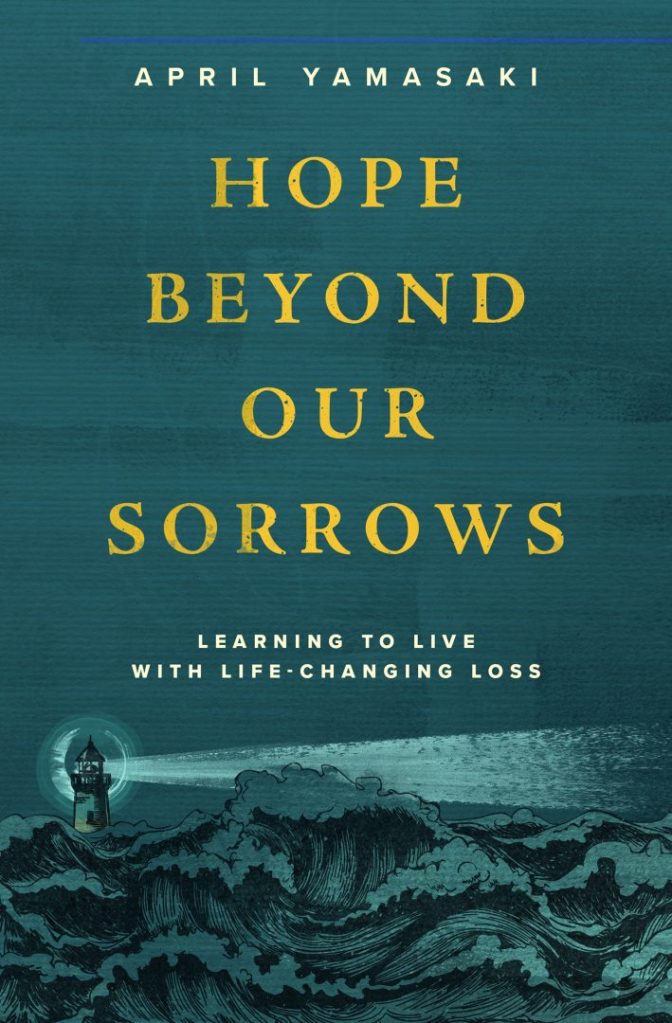Last week, I posted on Facebook: “Les Mis—les merveilleux! Saw the matinee and felt like clapping.” I didn’t actually clap then, but there was plenty of applause yesterday at the Golden Globes as Les Miserables won the award for best comedy or musical film, and Hugh Jackman and Anne Hathaway won their respective awards for best actor and best supporting actress in a comedy or musical.
Others have already written on the film’s great themes of law and grace, loss and new beginnings, forgiveness and redemption. Notable examples are Mark D. Roberts and Jason B. Hood, both very well worth reading. The film is epic–both in the dictionary sense of the word as a large-scale production and in the common meaning of excellent and extremely well done!
But it’s the details that really got to me.

Near the start of the movie as Valjean is finally released from his nineteen years of prison, he says to himself:
Never forget the years, the waste.
Nor forgive them
For what they’ve done.
They are the guilty—veryone.
After all, his only crime had been stealing a loaf of bread to feed his sister and her son who were starving, but his initial sentence of five years had multiplied with his repeated attempts to escape. Nineteen years of his life had been wasted, and he vows never to forgive. This detail is a bit of foreshadowing for the rest of the movie which shows that indeed Valjean never forgets, but he does forgive, demonstrated repeatedly as he refuses to exact revenge on his chief accuser, Javert.
Yet I wonder, was Valjean ever really able to forgive himself? Even at the end of the movie and the end of his life, he was not able to tell his adopted daughter Cosette about his past. I think she would have understood, would have loved and respected him no less, but he could not bear it. So although he had clearly become a new man, in this way he was still not entirely free of his chains.
As for Javert—and here’s the spoiler if you don’t know the story—he is so unable to understand Valjean’s repeated acts of grace toward him that he finally takes his own life. At the start of the movie, Javert is very much the villain, but I couldn’t help but feel sorry for him too. In his own way, he is also one of les miserables—not because he was imprisoned or impoverished, but because his whole world was coming undone. The show-no-mercy law and order that meant stability and purpose in his life was turned upside down by the law of grace demonstrated by Valjean. At the same time, France itself was being turned upside down by revolutionary forces. As Valjean could not bear to tell Cosette of his past, Javert could not bear the changes of his present and future.
Perhaps my favourite detail of the movie are the candlesticks that the bishop gives to Valjean. The bishop is a compassionate man who welcomes Valjean when others reject and torment him as an ex-prisoner on parole for life. The bishop says, “Though our lives are very humble, what we have, we have to share,” and he proves to be a man of his word as he gives Valjean the silver that he has taken, and even adds the two silver candlesticks. The bishop urges him, “You must use this silver to become a better man,” and Valjean apparently uses the silver to establish a business and begin a new life. But he holds on to the silver candlesticks through the good times and the bad, even as he is a man on the run, even to the end of his life when he brings the candle sticks to the convent.
The candlesticks too have their part in making him a better man—not sold and used directly to establish his business or to support himself and Cosette, but as a reminder of the grace that he had received and the better man that he was becoming. In his own words, Valjean asks,
What spirit comes to move my life?
Is there another way to go?
The candlesticks are a symbol of that new way and the new Spirit moving in his life.
Writing/Reflection Prompt: Have you seen the movie or read the book? What are your thoughts?
For free email updates and a copy of How to Pray When Prayer Seems Impossible, sign up here.



Leave a Reply to Elfrieda Cancel reply